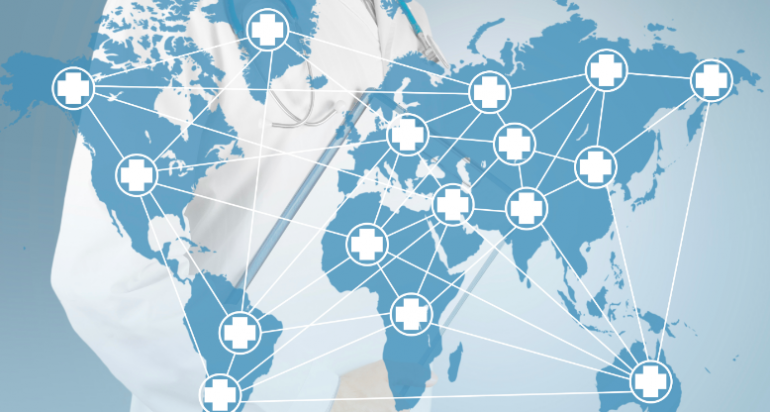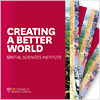Since 2008, the SC Clinical and Translational Science Institute (SC CTSI) has been continually funded by the National Institutes of Health to translate science into solutions for better health in the diverse communities in Los Angeles.
SC CTSI is a powerful partnership between the University of Southern California, Children’s Hospital Los Angeles and the Los Angeles County Department of Health Services. This three-way partnership enables the institute to take a multifaceted, cross-disciplinary approach to address the longtime disparity of the participation of people from communities of color in clinical trials that evaluate new therapies, diagnostics and prevention strategies. SC CTSI also works with local community leaders, organization and healthcare providers to bring health solutions and interventions to historically underserved areas of Los Angeles.
The Spatial Sciences Institute, under the leadership of Dr. John P. Wilson, has been contributing to the initiatives of SC CTSI by collecting data on social and environmental determinants of health and providing spatial analysis on variables such as air and water quality, food availability and health disparities mapped to Los Angeles neighborhoods.
Recently SC CTSI received a rare perfect score of 10 on a scale of 10-90 from the NIH peer evaluators, indicating the likelihood that the institute’s application for a five-year, $50 million to renew funding through the NIH National Center for Advancing Translational Sciences in the 2022 awards will be successful.
Upon hearing the exciting news of the NIH perfect score, Wilson said, “With the news the SC-CTSI will be refunded, the faculty, staff and students in the Spatial Sciences Institute look forward to continuing our work that advances the core mission of SC CTSI. We are continuing our work to spatialize electronic health records, connect these medical records with environmental exposures along with social determinants of health, and build out the GeoHealth Hub (https://usc-geohealth-hub-uscssi.hub.arcgis.com/) to connect health professionals and the communities they serve.”





